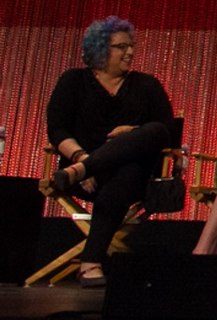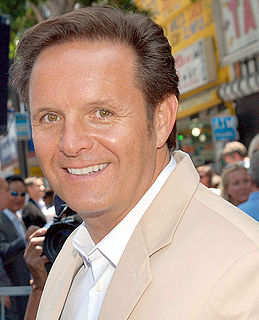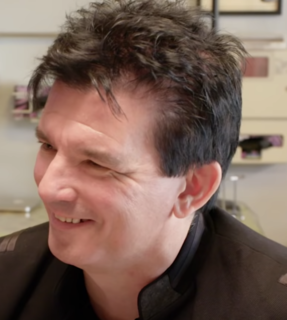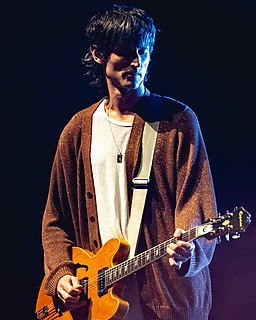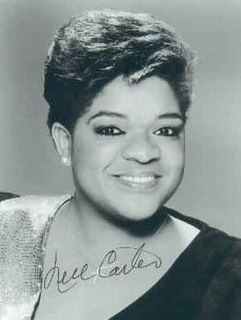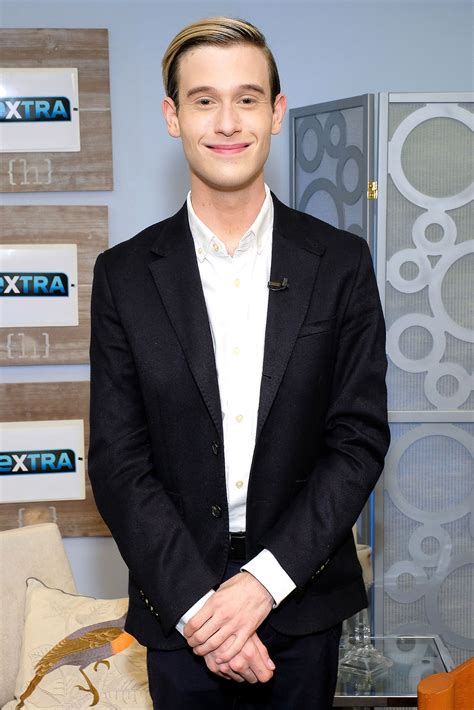A Quote by Ridley Scott
They say, 'TV is not a captive audience,' but it definitely is. You can easily switch off the bloody television.
Related Quotes
The first thing I say when people ask what's the difference [between doing TV and film], is that film has an ending and TV doesn't. When I write a film, all I think about is where the thing ends and how to get the audience there. And in television, it can't end. You need the audience to return the next week. It kind of shifts the drive of the story. But I find that more as a writer than as a director.
The big difference I think between tv and stage is definitely the immediate buzz that you get. And that's not just as an actor, as an audience member you're getting the chance to have this kind of two-way process where the actors and the audience are experiencing the same thing. With tv you often have to wait months and months down the line to actually get the pay-off. Whereas with theatre it's a very immediate thing.




